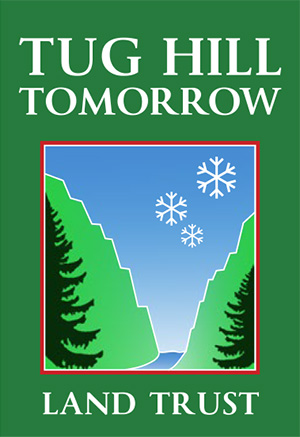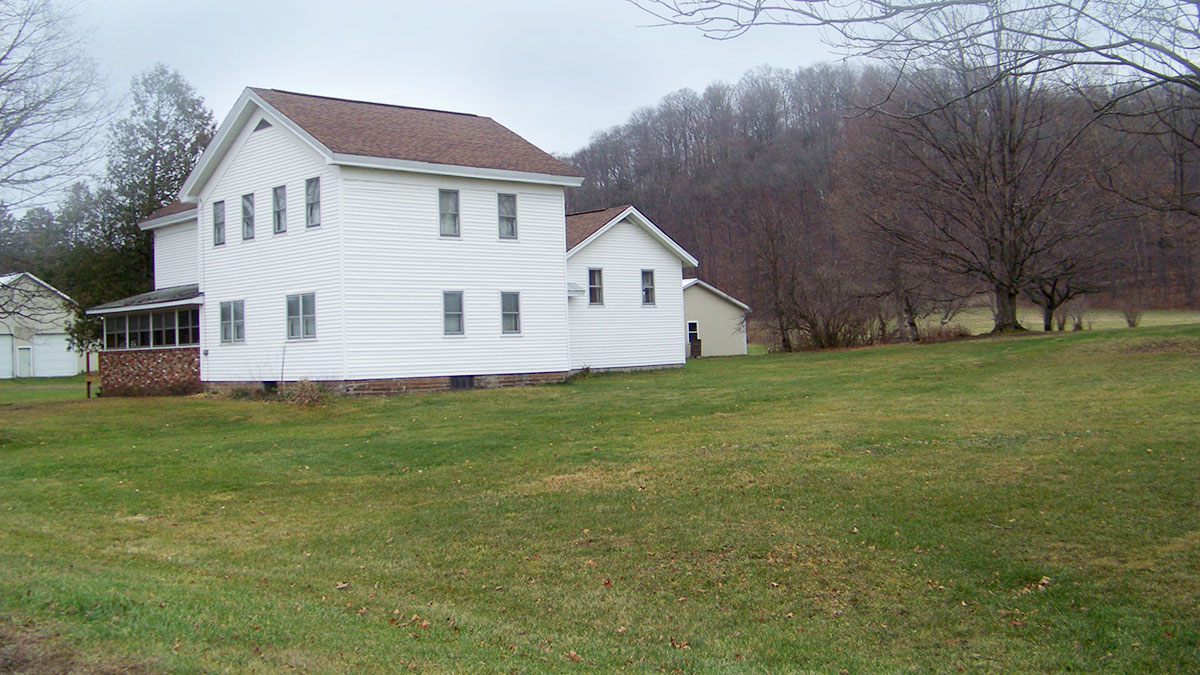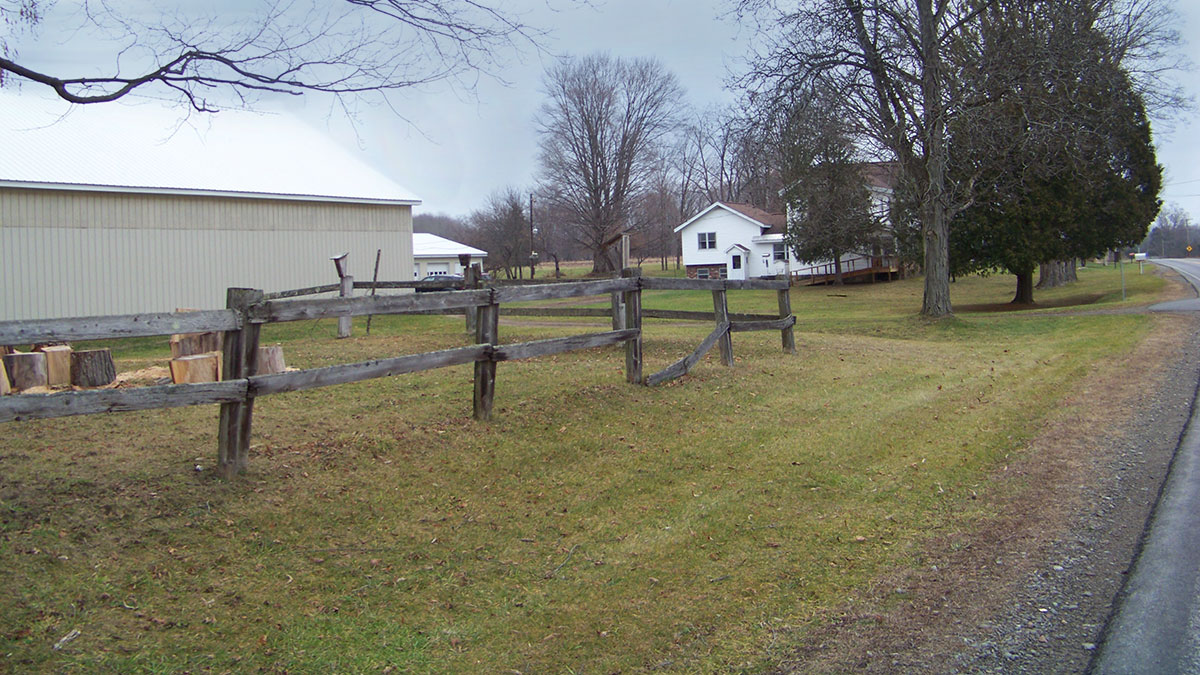It is never easy to run a farm and raise a family; both take a lot of hard work and dedication. For Ed Kulesa, who has passed on, making ends meet meant working off the farm as an electrician and general contractor. But that didn’t take away from his love for the land.
Concern for what would happen to the farm when he was not there to take care of it weighed on Ed; he’d had offers to sell the farm to developers for a housing subdivision as well as gravel mining.
More than money
Yet even though the money would have been nice, it’s not the future Ed pictured. The farm is part of Ed’s life, a place where he raised his family as they worked together to grow vegetables in their garden, manage an apple orchard, and care for beef cattle, pigs, chickens, turkeys and horses.
His daughter Karen, who moved back to the farm to help her dad, has fond memories of working the farm and driving the tractor. There was so much history in the place but it wasn’t clear to Ed when the timing would be right to do something.
That changed when he read a story in the local paper about the Weibel farm being protected in partnership with the Tug Hill Tomorrow Land Trust. Ed knew the Weibels and the story clarified what he wanted to do. Ed explained “I have been thinking about protecting my farm for over 20 years, and seeing the story in the paper last year about my neighbor doing just that, I thought it’s time for me to do this.”
No time like “now”
And that’s exactly what Ed did. Ed decided to conserve his land by donating the majority of his non-farm development rights (using a tool called a conservation easement), and reserving the rights to farm, harvest timber, run compatible small businesses, and educational programs. Public access is not required and is up to Ed and future owners, just like any other farm.
With the protection of his beautiful family farm, dotted with the orchard, a small stream, and fields and woodlands, Ed and his family gained peace of mind that no matter who owns the farm in the future, it will never become a housing development or gravel mine.
Instead, the 101-acre farm located in the town of Lee joins thousands of acres of other working farms, forest and wildlands in his neighborhood as well as the Tug Hill Region—conserving the economy, clean water we so depend on, and our rural way of life.


